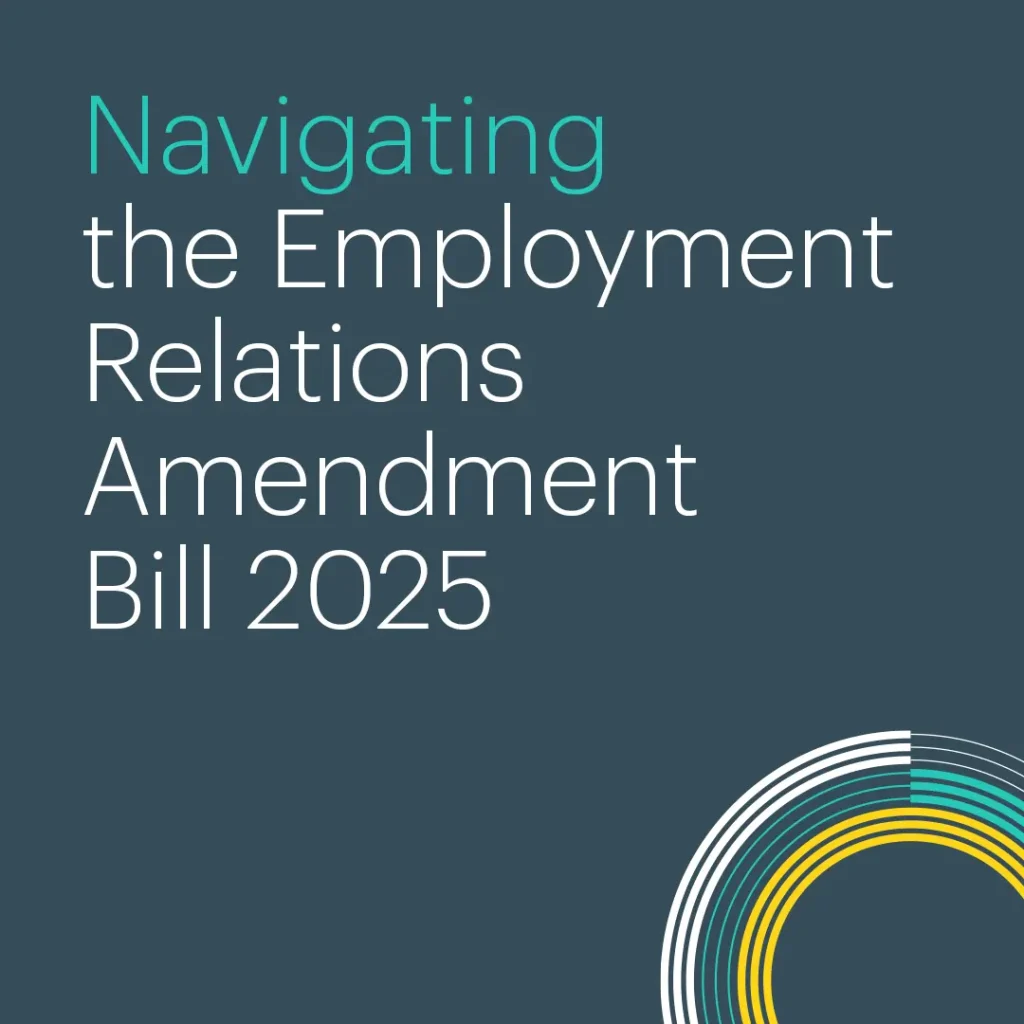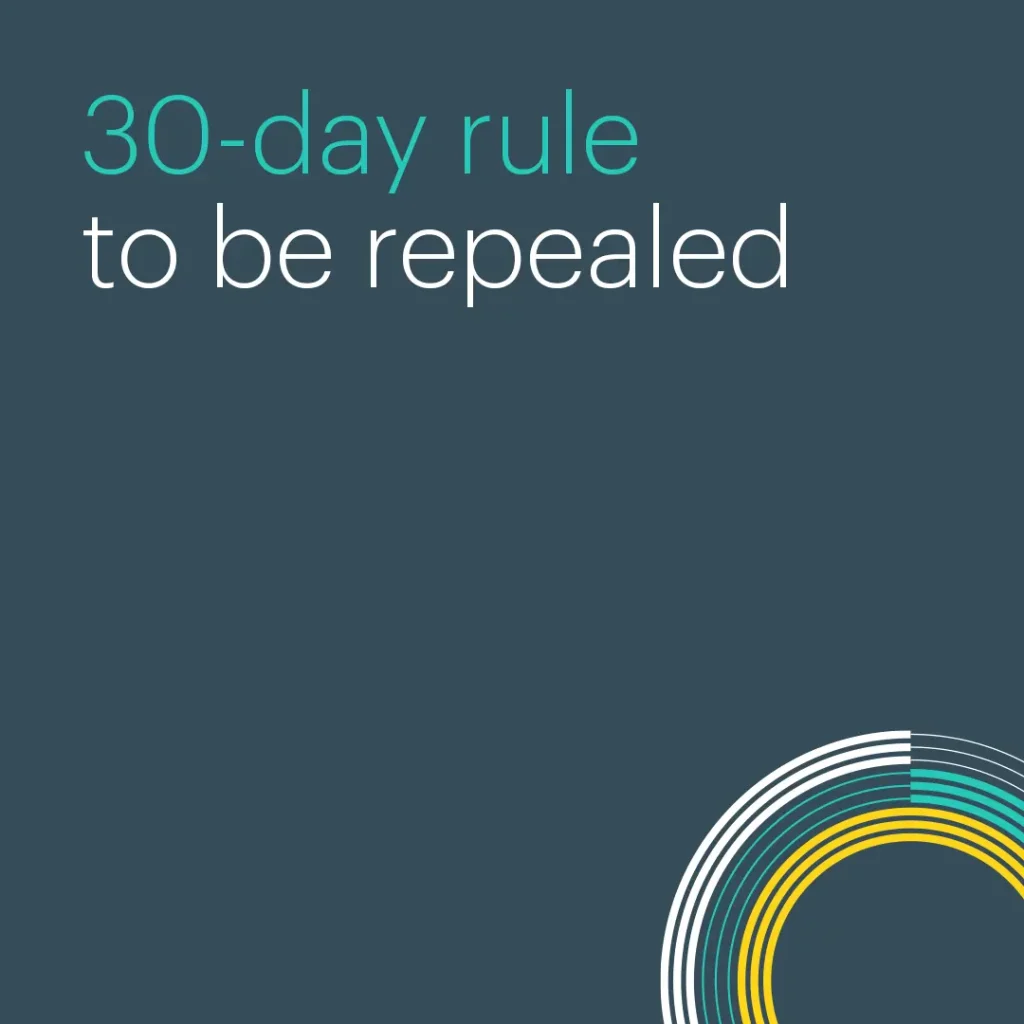Senior Associate Maureen Glassey writes about the responsibility of employers to conduct workplace investigations into issues that affect their employees’ wellbeing.
Hard on the heels of the COVID-19 pandemic is a widespread malaise which is affecting the New Zealand employment landscape, and one for which so far, there is no 100% effective vaccine.
The malady is genuine and the impact on the organisation and its employees real. The symptoms fall under the broad umbrella of “wellbeing issues”. Affected employees may complain about non-specific anxiety, stress, and mental health issues which they attribute to the workplace.
Although the presenting symptoms seem exacerbated wherever there is an increased pressure to return to work in the office, conversely, working from home is not a cure.
Fortunately, most mature organisations have teamed up with such independent counselling providers as EAP, Raise, or the free government “Need to Talk” 1737 service, and are able to offer their staff the professional support they need.
With best practice, employers are usually able to support staff with sick leave and special leave. However, at some stage, after a period of recovery, the employee will need to be reintegrated safely back into the workplace. Unless the original issue has been addressed, the employee is likely to relapse swiftly.
There have been a couple of cases recently in the Employment Relations Authority, such as Perry and The Warehouse Group Ltd [2023] NZERA 773, where large sums of compensation have been awarded to employees whose wellbeing had been impacted because of their work environment. These outcomes should serve as a salutary warning to employers to listen carefully whenever employees complain of work-related stress and anxiety. But what to do?
At its heart, a complaint of workplace stress and mental anguish is a complaint no different to others. The complainant needs to be heard, they need to be acknowledged, and they need their employer to follow a robust process in the same way they would respond to an allegation of bullying or harassment in the workplace.
It is likely that complainants in such cases will have heightened vulnerability. As vulnerable complainants, they may also struggle to clearly articulate the exact nature of their complaint, the alleged behaviours, and the persons responsible for their experience.
However, the Health and Safety at Work Act 2015 sets out the obligations for employers to provide safe and legally compliant workplaces. This includes engaging meaningfully with vulnerable complainants, even when at first assessment, their complaint appears vague and far-reaching.
The employer still needs to establish the facts by way of a workplace investigation. Having established the facts, they will then need to take such reasonable action as to ensure they are confident they are providing a healthy, safe workplace and meeting their obligations as a good employer.
If your organisation requires support around workplace investigations to identify and address claims of work-related stress and anxiety by employees, please get in touch.









